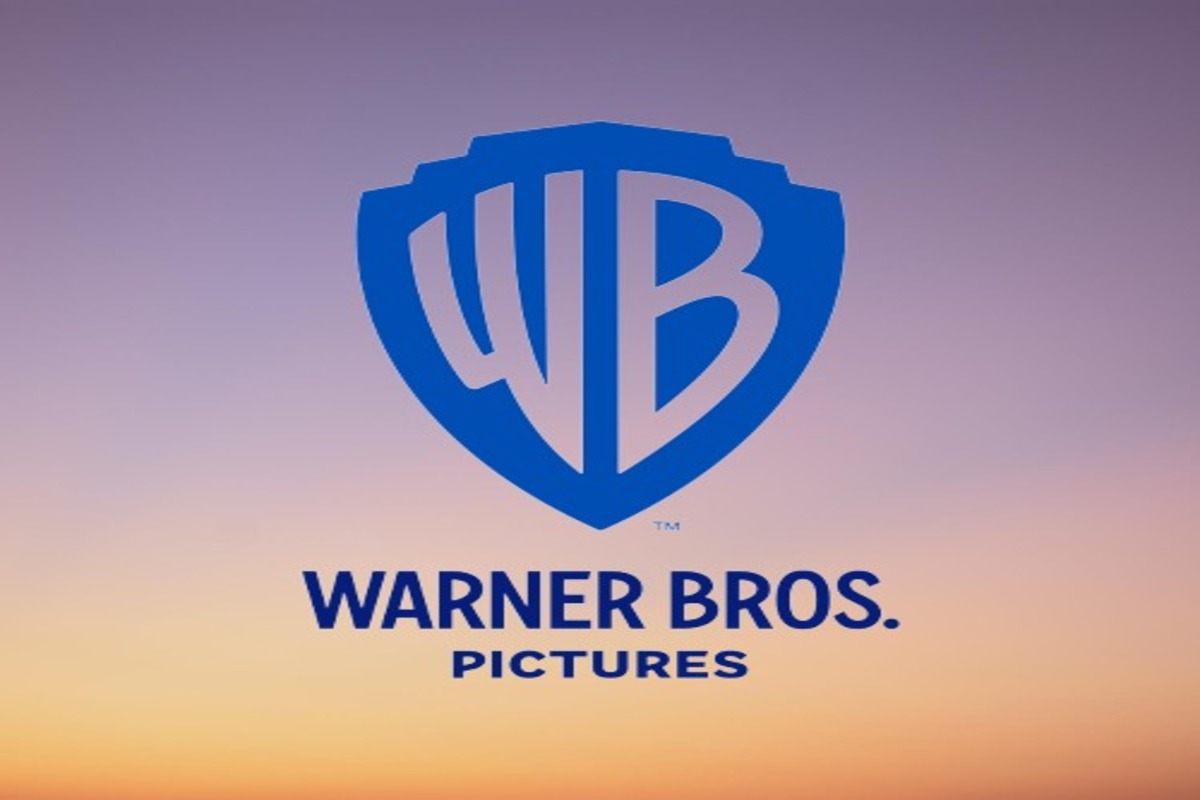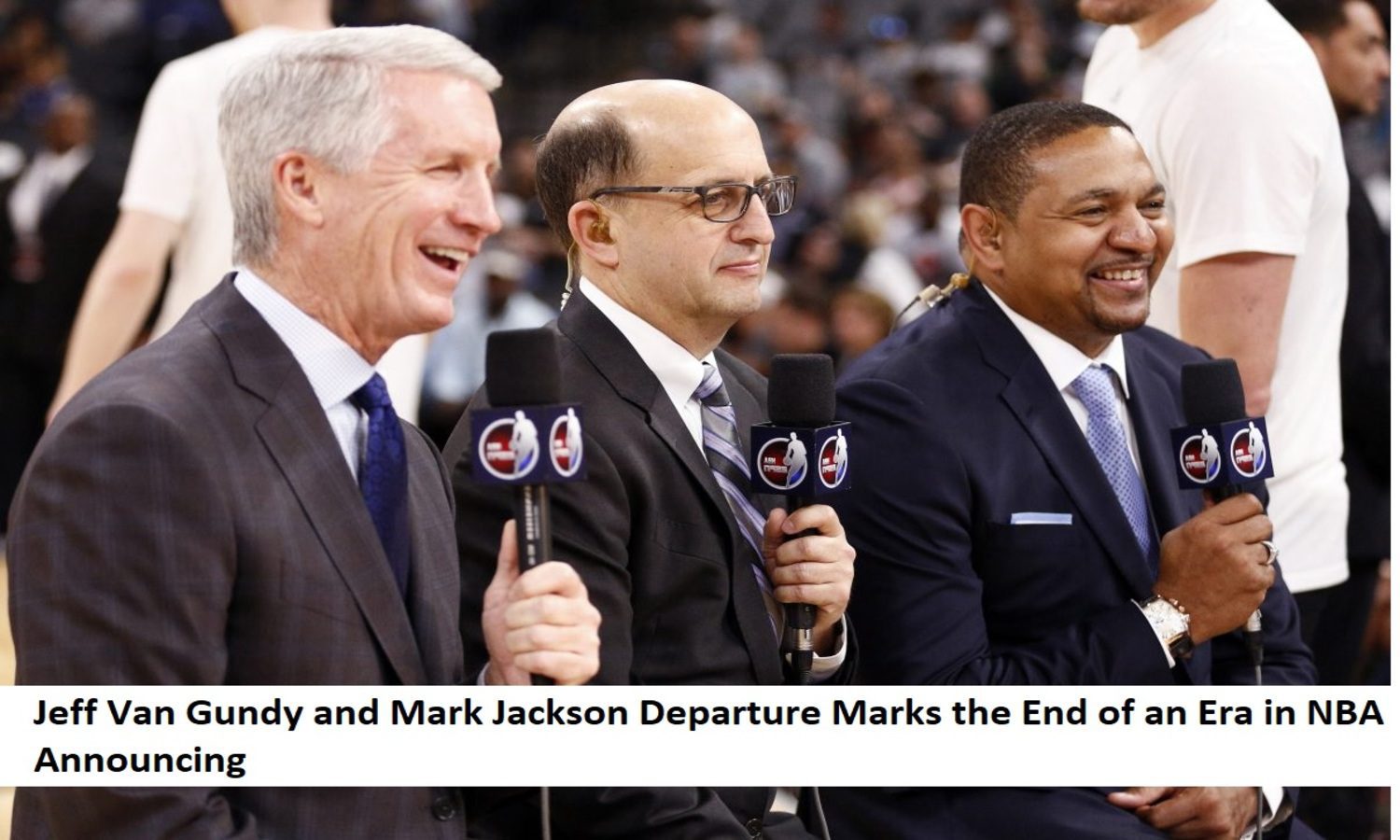Warner Bros. Discovery: , a major entertainment company, reported second-quarter results. Subscriptions fell from the previous quarter due to a worse-than-expected trend.
Key Results: Users are decreasing: The third quarter saw 95.8 million direct-to-consumer streaming customers worldwide. StreetAccount experts predicted 96.7 million. It’s important to investigate the first-quarter loss of almost 2 million members.
Warner Bros. Discovery debuted their Max-related streaming service in Q2 2018. This service offers many entertainment possibilities in one place. HBO’s high-quality television and Discovery Networks’ intriguing non-scripted programming do this.
Discovery+ subscribers are switching to Max. This may be a major reason membership is declining. Antenna said that Discovery Plus subscribers dropped by 68% after the Max move.
The corporation paid off $1.6 billion in debt during the quarter, despite these issues. “Recovery of the Economy” The bid aims to cut debt by $2.7 billion. Warner Bros. and Discovery’s 2022 merger debt is the company’s strategic goal.
Positive Stock Movement: Despite disappointing second-quarter earnings, Warner Bros. Discovery’s shares closed up 3% on the same day, indicating market optimism. Despite disappointing second-quarter performance, this was true.
CEO David Zaslav said the company will improve its business plan and pay down its debt. The 16-month restructure had placed the company poised for future growth, he was sure.
The studios division faced issues, as sales plummeted 8% to $2.58 billion. All movies, including “The Flash,” made money based on their box office performance. Even though the advertising business was sluggish due to declining cable TV subscribers, the networks sector remained stable.
Market Challenges: Warner Bros. Discovery, like many of its competitors, is still struggling to earn money from streaming.
Direct-to-consumer streaming lost $3 million in Q2 2018. Launching Max cost this loss.
Future prospects: The company plans to merge Max and Discovery+ to develop synergies and offer clients a better bargain. The company merged Max and Discovery+. CEO David Zaslav’s suggestion that OpenAI’s GPT-4 may improve customer service suggests that the corporation intends to improve the user experience.


READ MORE: Hollywood Labor Issues: Unraveling the Mystery of Interim Agreements Amidst Strikes
Warner Bros. Discovery’s second quarter shows that business is complicated. The company has made strategic decisions and adopted debt-reduction actions despite fewer members. The company’s future will be influenced by industry trends, streaming service changes, and sustainable expansion.
Measuring money: The 51-cent loss per share exceeded the 38-cent expectation. Instead of $10.44 billion, $10.36 billion was made. The corporation lost $1.24 billion, 51 cents per share.
Streaming made money in the first quarter but lost $3 million in the second. The Studios division lost 8%, or $2.58 billion, due to movie performance. Networks’ $5.76 billion earnings were impacted by advertising market issues.
Strategic and tactical outlook: Prioritize debt repayment while pursuing investing goals.By year’s end, Max and Discovery+ will improve user experience. – Finding ways to save and make money
CEO: “The really fast de-levering we’re doing right now, and acceleration in general, are key parts of making this turn.” David
Zaslav, CEO,
Warner Bros. Discovery’s success depends on audience choices, the global economy, and streaming market shifts.
(It’s vital to note that the financial metrics, segment performance, strategic stance, and CEO’s vision are all based on the text
modifications.)

